Tanya Plibersek ‘seriously’ ponders salmon windback, as industry warns of ‘devastation’
The Albanese government is ‘seriously’ considering rethinking approval for salmon farming in Tasmania’s Macquarie Harbour, a move industry warns would ‘completely undermine confidence’ in the $1.5bn sector.
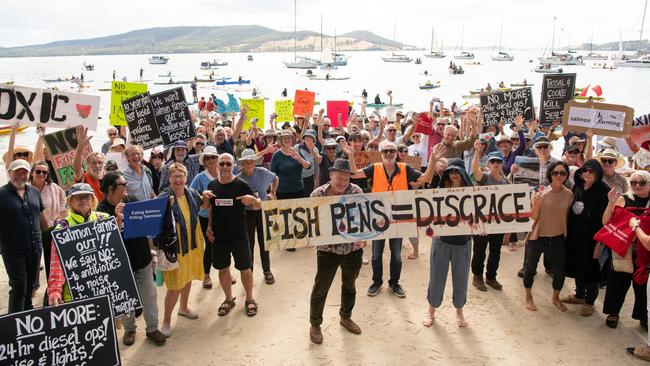
The Albanese government is “seriously” considering rethinking approval for salmon farming in Tasmania’s Macquarie Harbour, a move industry warns would “completely undermine confidence” in the $1.5b sector.
Correspondence obtained by The Weekend Australian shows Environment Minister Tanya Plibersek is taking “seriously” the request by conservationists for her to rethink a 2012 decision allowing expanded salmon farms in the harbour.
Her assessment is being made “in the context of current scientific information regarding the Maugean skate”, an endangered stingray-like species, found nowhere else on earth.
The 2012 approval was based on fish pens not impacting the ancient species, but the government’s scientific advisers in September found salmon feed and waste was having a “catastrophic” impact, requiring “urgent” reduction in pens before summer.
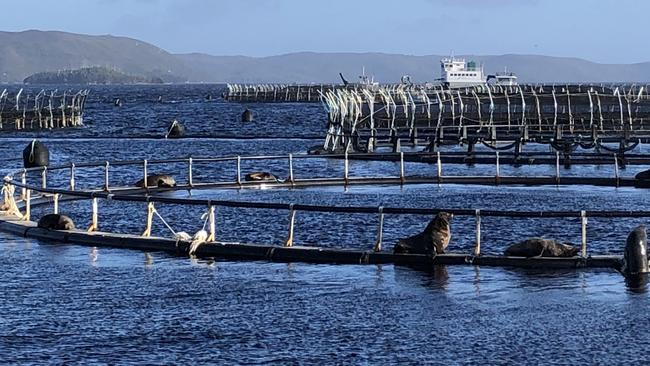
Ms Plibersek had been silent on formal requests by the Australia Institute and the Bob Brown Foundation for her to rethink the 2012 green light, given the impacts on the skate from low dissolved oxygen levels linked to the fish farms.
However, a senior official with Ms Plibersek’s department has written to the institute “on her behalf” confirming the request is being seriously considered.
“I assure you the department takes the matters you have raised seriously, including in the context of current scientific information regarding the Maugean skate,” it says.
Any decision to reopen the approvals process for fish farms in Macquarie Harbour, in Tasmania’s southwest, would risk a political war with the influential salmon industry.
In letters sent to MPs, Salmon Tasmania warns: “If Minister Plibersek determines to review this 2012 decision it will trigger a long, complex, and divisive legal inquiry into the industry on the West Coast.
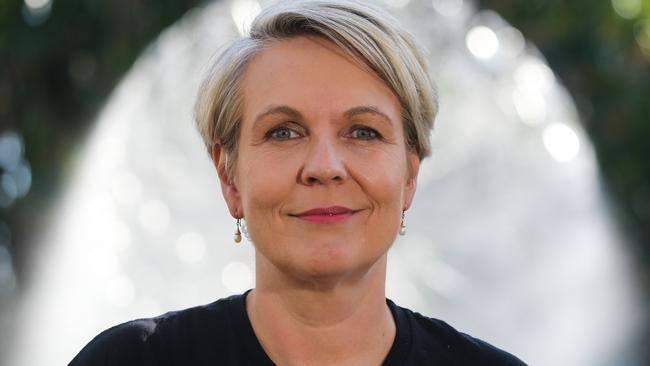
“This will completely undermine investment confidence in the sector and create immense uncertainty for the aquaculture workers living and working on the West Coast.
“The advice we have received is this process could quickly lead to regulatory decisions that make aquaculture unviable in the harbour or even the total destocking and shutdown of the farms. This would clearly have a devastating impact.”
The Australia Institute welcomed Ms Plibersek’s commitment but was concerned any review could take months or years, when her own scientific advice was that destocking of salmon should occur by this summer.
“The science is clear,” said the institute’s Tasmania director, Eloise Carr. “Federal government conservation advice says the highest priority action to protect the endangered Maugean skate - a world heritage value - is to … remove fish farming from Macquarie Harbour… before this summer.”
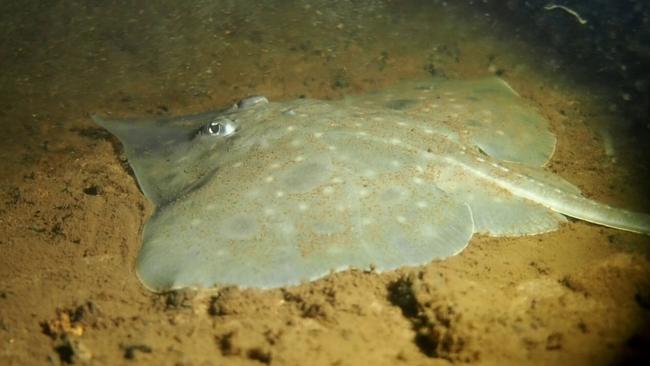
Ms Carr said the situation highlighted an apparent lack of emergency powers for federal environment ministers to intervene to stop imminent extinctions.
She said urgent federal intervention was vital, given recent comments by Tasmanian regulators suggesting Macquarie Harbour fish farm licences – due to expire on November 30 - would be rolled-over without significant changes.
The institute has written to the Tasmanian Environment Protection Authority and Natural Resources and Environment Tasmania arguing the licences for all three salmon multi-national companies should be revoked.
Its submissions argue the companies are not “fit and proper” given a history of environmental breaches, fish escapes, noise complaints and mistreatment of seals.
The industry argues any adverse impacts are limited to pen areas and temporary. It denies any conclusive link between salmon farming and a 47pc decline in skate numbers from 2014 to 2021.
Ms Plibersek would not comment on her department’s assessment and said the state was responsible for aquaculture regulation. “However, the federal and Tasmanian governments are working together with the experts and the salmon industry to help save the Maugean skate,” she said, pointing to a recently announced captive breeding program.



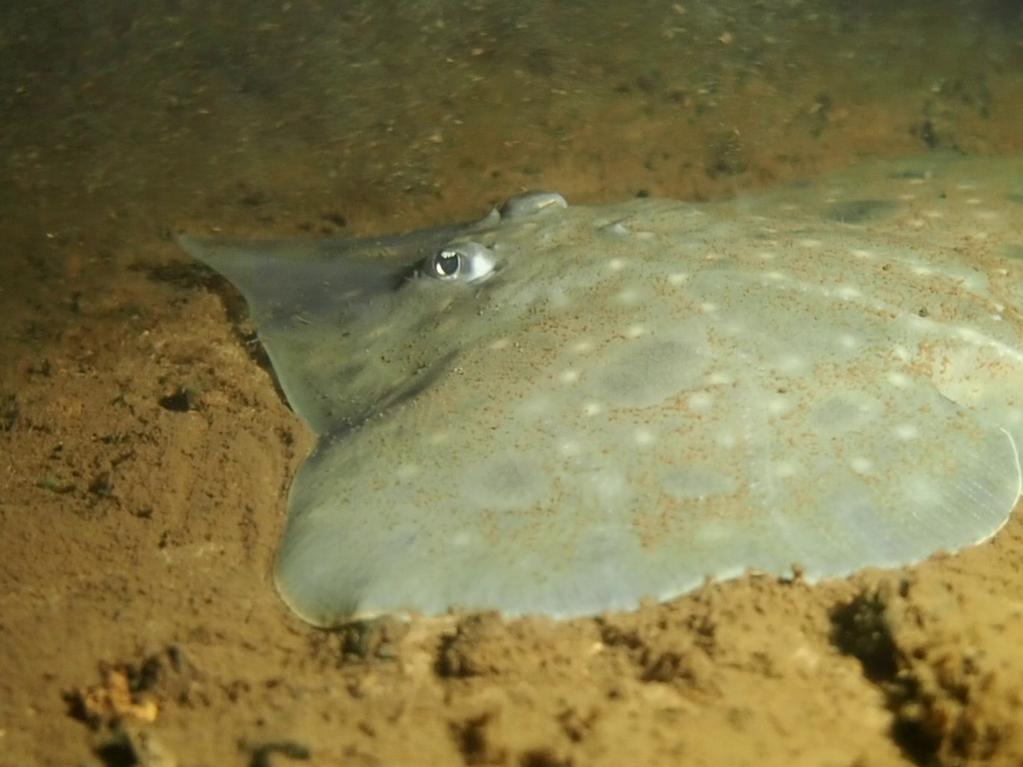
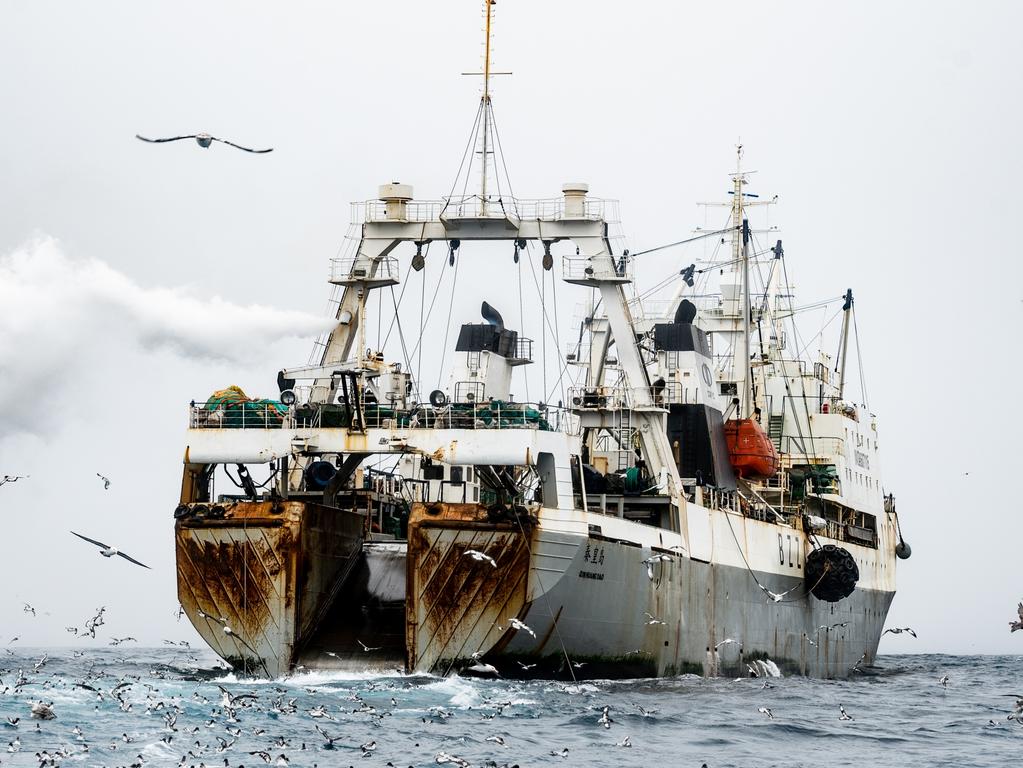
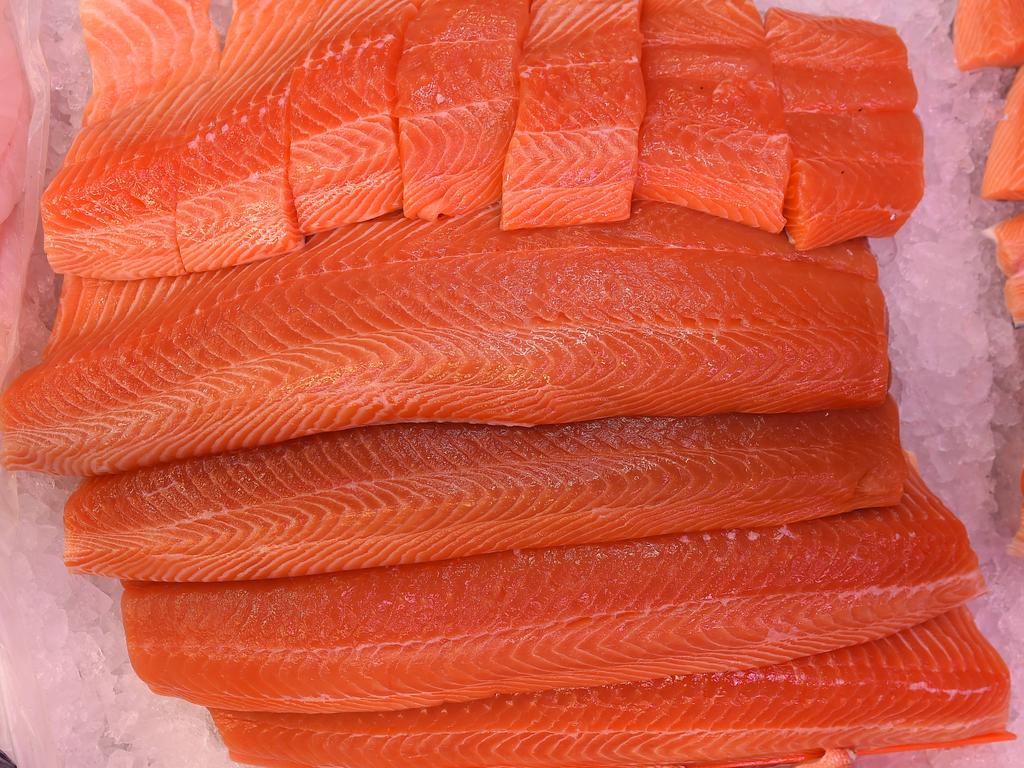


To join the conversation, please log in. Don't have an account? Register
Join the conversation, you are commenting as Logout